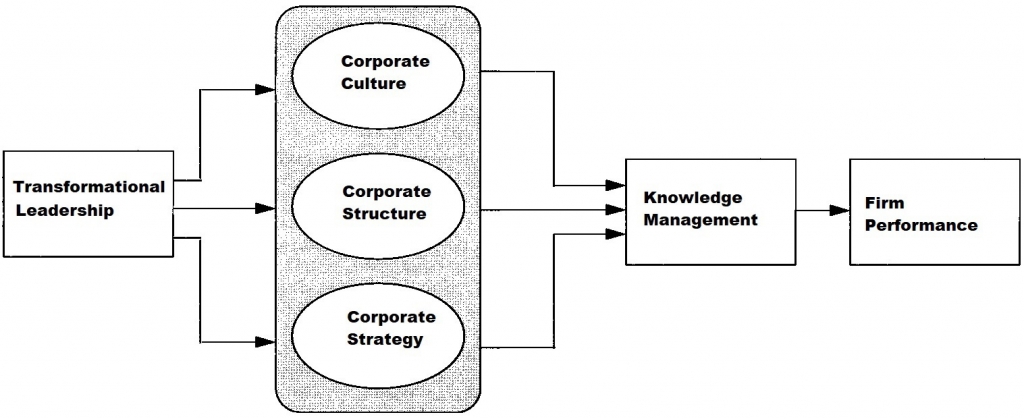(Part 1 of this article addressed the importance of leading change and the role of knowledge in the modern workplace.)
Transformational Leaders Are the Key to Improved Performance
Transformational leaders aggregate human capital into social capital and develop organizational communications aimed at providing valuable resources for all organizational members. These leaders enhance knowledge sharing among human capital and stipulate knowledge to be shared around the organization. Sharing the best practices and experiences could positively impact some non-financial aspects of firm performance such as innovation, providing learning and growth opportunities for employees. Empowered employees can enable an organization to actively respond to environmental changes and collective-interests.
In addition, when transformational leaders show concern for the employee’s individual needs, individuals begin to contribute more commitment and they become more inspired them to put extra effort into their work. This extra effort improves the quality of products, customer satisfaction, and impacts the return on assets, sales, shareholder value, and improves operational risk management.
Furthermore, transformational leaders inspire human capital through setting highly desired expectations. The higher level of followers’ expectation enhances productivity and perhaps decreases organizational costs. Scholars also agree that transformational leaders enhance financial and non-financial performance. In fact, transformational leaders positively affect financial and non-financial performance through improving the price of stock, decreasing costs, increasing sales, improving innovation, increasing the rate of responses to environmental changes, improving the quality of products and services, along with a stronger customer focus and developing learning opportunities for followers.
If Knowledge Management Comes First, Company Performance Will Follow
Executives today realize that knowledge is the one of most strategic factors for organizations from a competitive standpoint. The question lies in how to maintain it, store it, retrieve it, and protect it. This has been a focal point of organizations since the corporation was first initiated and will always be an ongoing issue for leaders. For example, knowledge creation and utilization are pertinent to an organization’s success. Thus, executives create new ideas and knowledge for innovation and to motivate employees to solve their current problems in a more innovative manner. The acquisition of new knowledge is an ongoing process and can be essential to identify the needs of customers and recognize changes in the business environment.
In knowledge integration, the accumulated knowledge is shared and synthesized with an aim to providing higher quality products and services. This can improve financial and non-financial performance in various metrics such as the customer focus, the quality of products and services, and the organizational revenue. Shared knowledge can contribute to the development of a learning organization in which people continuously grow and develop both personally and professionally. Finally, the integrated knowledge is reconfigured to meet new challenges and environmental changes as they occur. Knowledge reconfiguration enables organizations to actively respond to environmental changes through developing interactions and awareness from the external environment. Knowledge management strategy is, therefore, a significant indicator for improving organizational performance. Knowledge management strategy can improve financial and non-financial performance through increased sales, customer satisfaction, learning opportunities, innovation, and the quality of products and services. Ergo, knowledge management has a positive relationship with organizational performance. Therefore, if executives in senior positions effectively implement knowledge management projects, they may be able to improve firm performance.
The following figure provides a snapshot of how transformational leaders can, directly and indirectly, impact firm performance.

In Conclusion
Transformational leadership is tantamount to the executive’s success. I also found that knowledge management is a latent concept but one of great importance to firm performance. Further, this article indicates the direct impact of transformational leadership on organizational performance, and also simultaneously portrays the indirect contribution of leadership in improving organizational performance by successfully leading change to facilitate knowledge management as another important component of firm performance. This is the first article that actually investigates the crossover potential of scholarly research and how it can be applied in the organizational boardroom. Insufficient consideration of the impact of transformational leadership on firm performance has been exposed and I attempt to address this concern for the first time. Thus, I suggest that by channeling knowledge management into organizational constructs, engaging in the practice of transformational leadership. Furthermore, I suggest that scholars take our ideas and continue to conduct research using executives as the focal point so that academic scholarship can meet the needs of managerial implications at the higher echelons of organizations worldwide.







